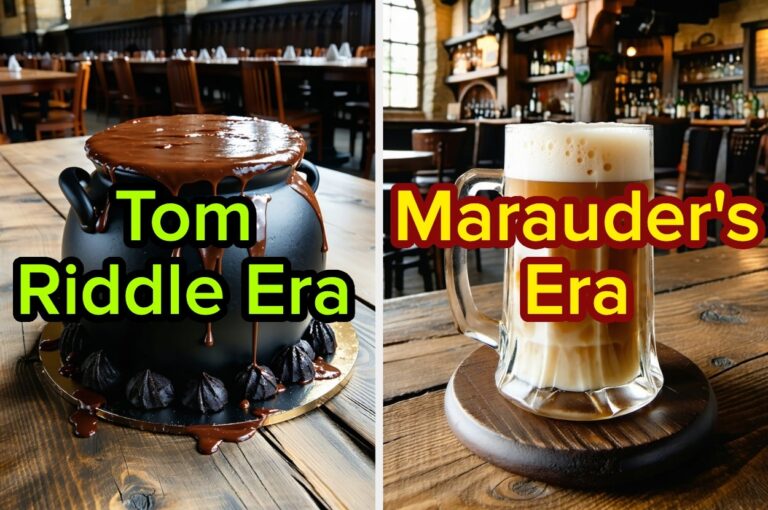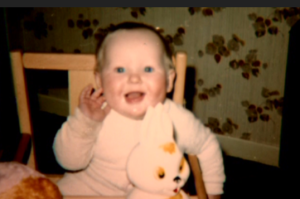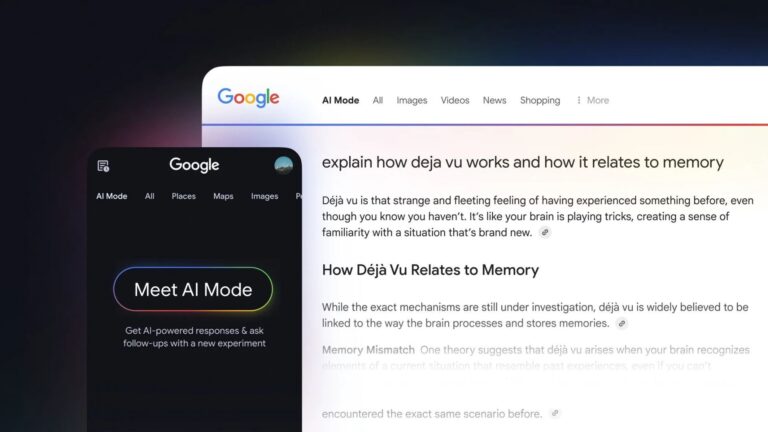Why I Have Read and Written about the Work of Joanne Murray for Twenty-Five Years and Why I Don’t Think I Have Been Wasting My Time
Ron Weasley rebuked Hermione Granger once with the comment, “Always the tone of surprise.” He was referring to her unconscious estimation of him as something of a bumbling idiot who rarely got things right. Not pretty.
Two weeks ago after a church service in northeastern Arkansas, a newly illumined (baptized) woman in her thirties I had met for the first time at Pascha this year in South Carolina greeted me with a hug and a smile. “John,” she said, “the Harry Potter guy.” It was said affectionately enough, a note that she remembered me — but also as if my niche celebrity as a serious reader of J. K. Rowling was something of a joke she got. There was the inevitable hint that my decades of work devoted to Rowling Studies was borderline pathetic, a life and mind spent on childish things, a pat on the head.
Gabriela’s greeting, too, wasn’t anything new or unusual or unkind, really. It’s been the rule to which exceptions are almost always from other serious readers of J. K. Rowling; academics, reporters, friends, family, and fellow Team Members at the grocery store where I work much more often than not treat my signature work as if it were a strange kind of fetish, something I should be slightly embarrassed about, a hobby about something no more interesting or important than building models or collecting beer cans, one that had taken over my life and distracted me from meaningful uses of my intelligence and time.
They show a certain deference, as you’d expect, to my advanced degrees, publications, and Walter Mitty reality but there’s usually that curious note bordering on disdain for the subject of my expertise. One of my PhD advisers, for example, a global authority on the life and work of Franz Kafka, noted at our first meeting it was a stretch for him to be supervising my thesis because his parents hadn’t let him read Enid Blyton as a child and he certainly couldn’t be bothered to read Harry Potter, today’s equivalent of the Magic Treehouse books.
I doubt very much this is specific to me. I remember James Thomas, a first tier Potter Pundit and now a retired Pepperdine professor, sharing with me the confusion of his English department peers in Malibu about his interest in Rowling as an author. James, after all, had published on Poe and Faulkner. Y’know, real authors writing at real depth and with real artistry.
As I begin a series of articles to commemorate and, in an odd way, celebrate this summer the 60th birthday of the author known to the world as ‘J. K. Rowling’ and ‘Robert Galbraith,’ both pseudonyms and one an international brand worth billions of pounds sterling, I want to push back against this prejudice in the popular mind as well as in the academy.
What follows, of course, my one-off apologia pro vita mea, will have no effect on what people think and that’s more than okay (frankly, the wonderful people I have met and perks I have enjoyed as the “Dean of Harry Potter scholars” make the dismissive ribbing and condescension I get seem like a very small price to pay). I want to set the table here, though, for ideas and possibilities I will be writing about before 31 July, posts I have reason to believe will be a re-setting of the premises of Rowling Studies, the field I have played a larger part in establishing than perhaps any other critic.
Why, after all, should anyone care about the artistry and meaning of Rowling’s work or about her life? So what?
My thesis today is that everyone has reason to care because Joanne Rowling Murray, aka J. K. Rowling and hereafter ‘Rowling,’ is not only the most important writer of our time but also the most important philanthropist and feminist as well. For the purposes of this review, I define “most important” as “most famous, most influential, and most challenging” and argue that there is plenty to write and think about those aspects of her published work, charities, and core beliefs which are edifying points of reflections for thoughtful people today with respect both to their own thinking as well as what it means to be human.
The rest of this post can be found at the Hogwarts Professor Substack page which subscribers received yesterday via email. Here is that link: J. K. Rowling: The World’s Most Important Writer, Feminist, and Philanthropist







